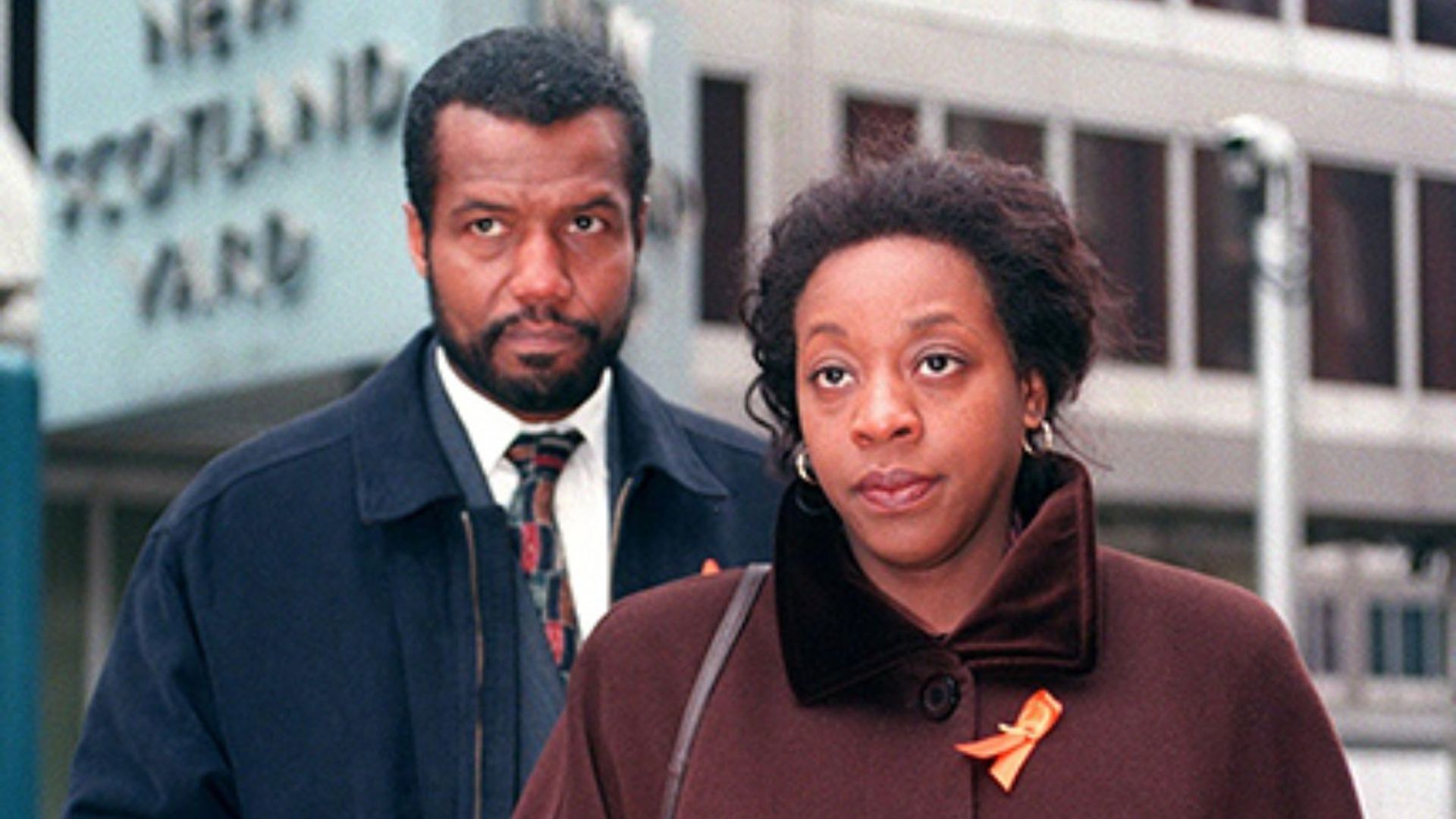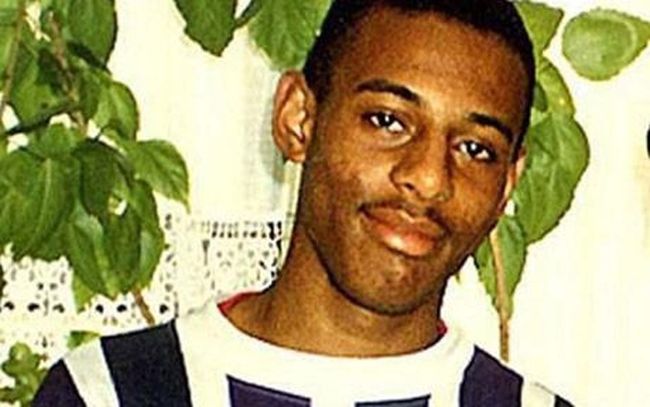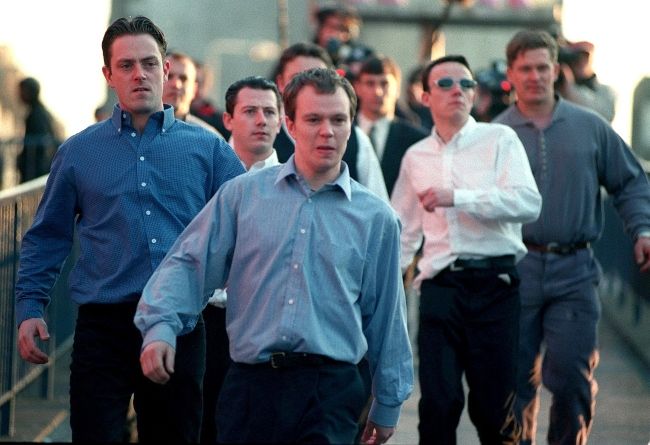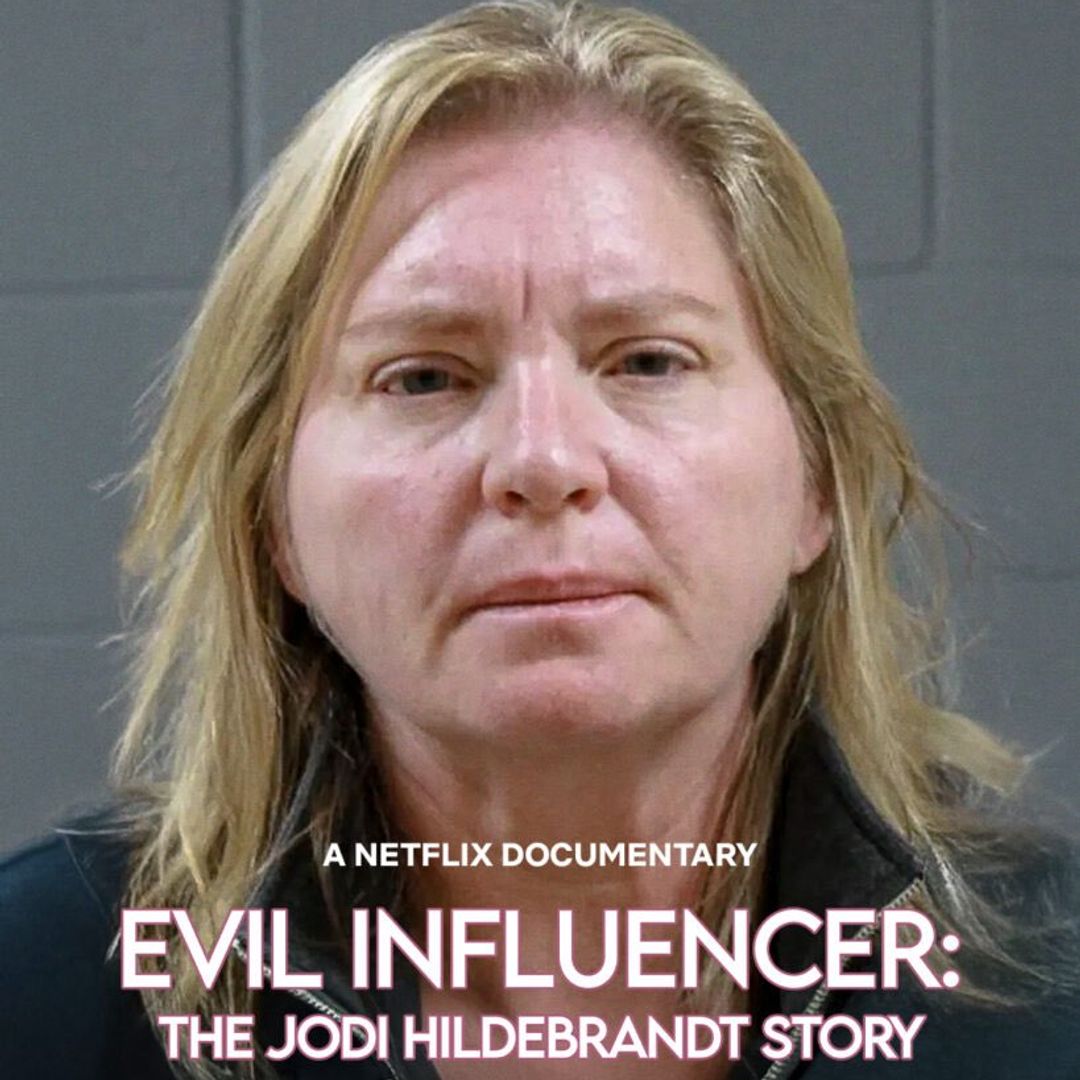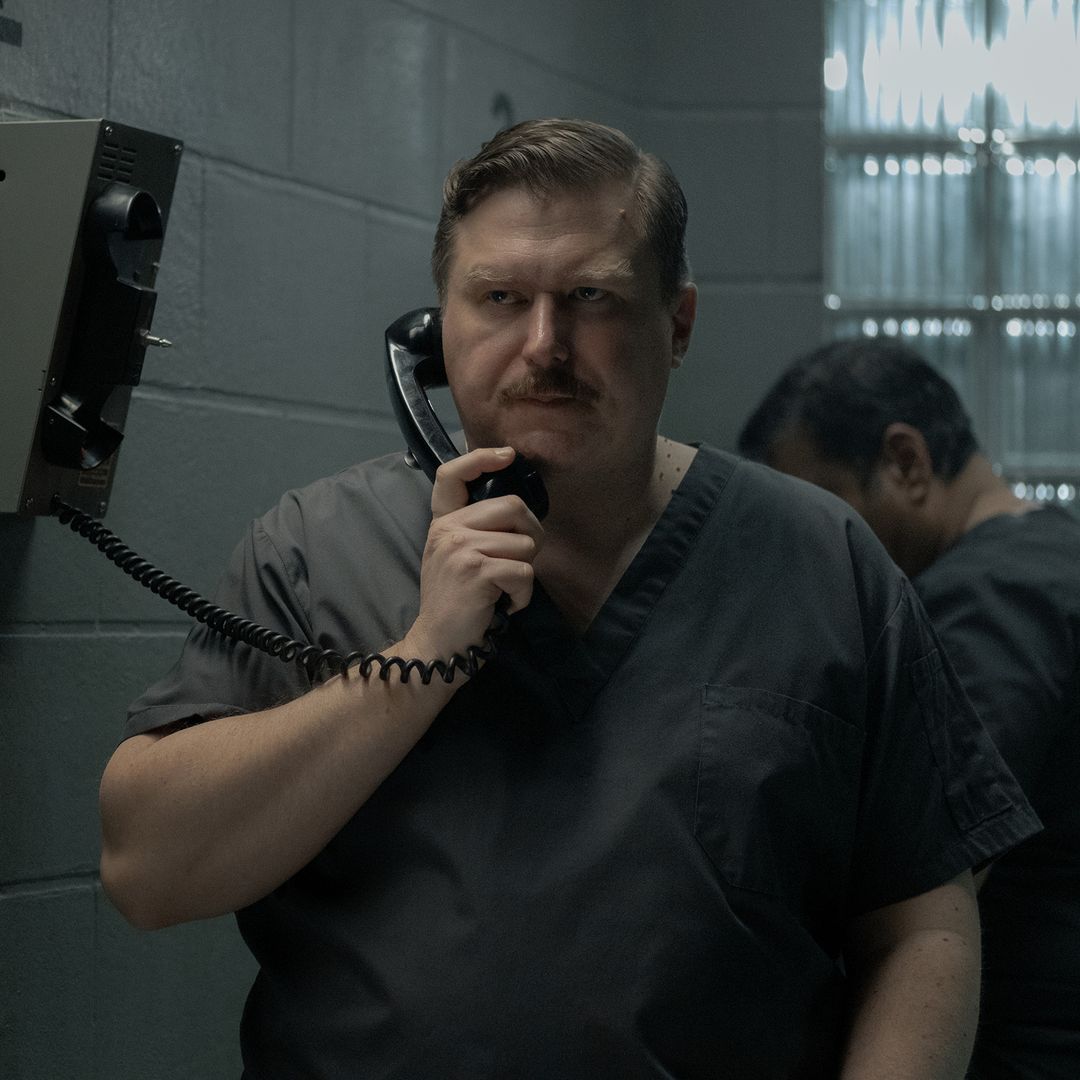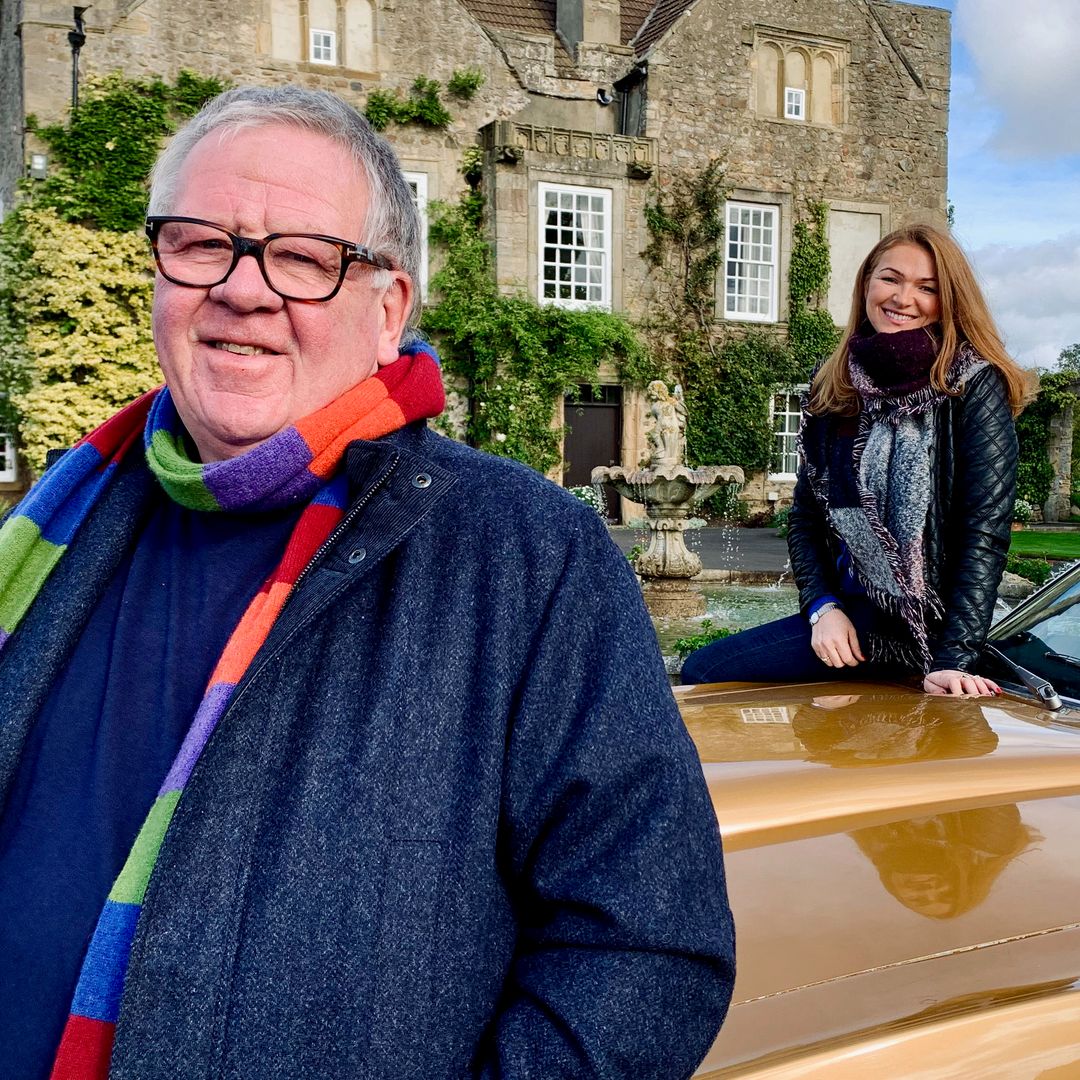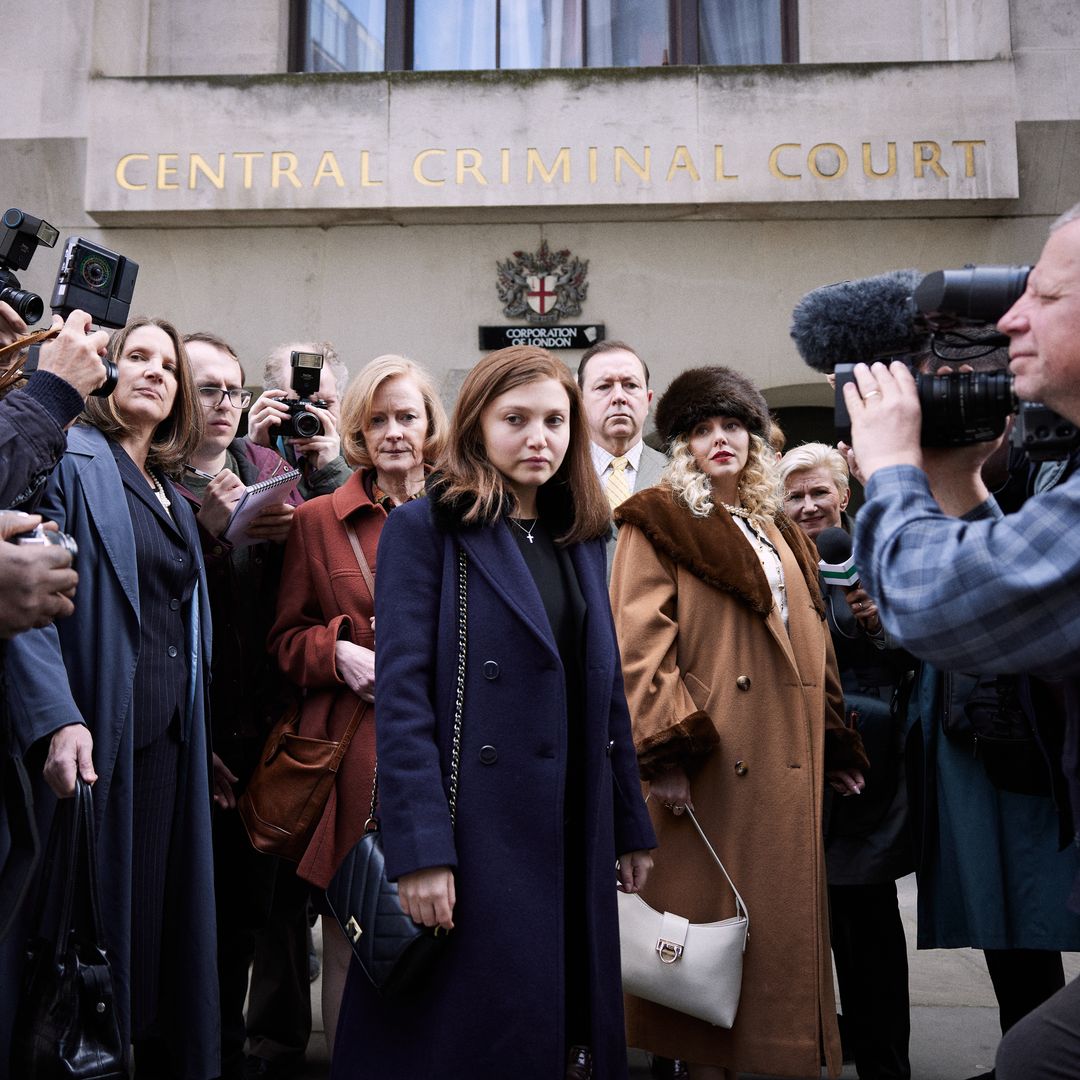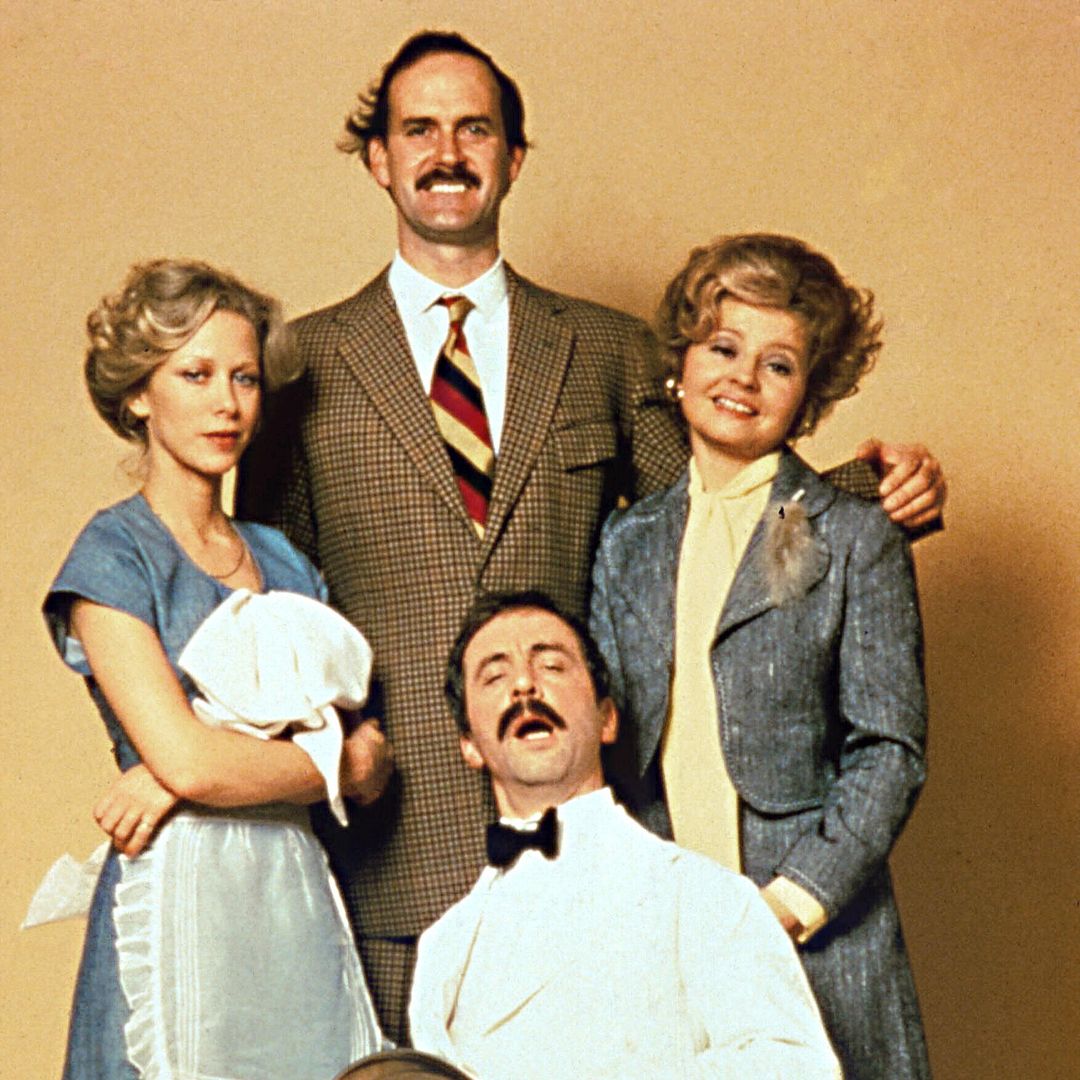Following the announcement that ITV are planning a three-part series as a sequel to the 1999 film, The Murder of Stephen Lawrence, the channel aired the original film on Thursday evening alongside a live discussion programme entitled: Stephen Lawrence: Has Britain Changed? Many people tuned in to watch the film - and took to social media to discuss it afterwards.
Stephen was murdered in 1993
It was generally agreed that the film was essential viewing, with one person tweeting: "This is not an easy watch but it should be a compulsory watch. At home, in schools, youth centres, everywhere." Another person added: "Find myself unexpectedly in front of #TheMurderOfStephenLawrence on ITV. So angry & upset, can barely watch. But held by brilliant delicate confrontational writing, performances & direction. A masterclass in most important & political filmmaking. Has enough changed in Britain?"
READ: ITV announces three-part sequel to 1999 film The Murder of Stephen Lawrence
A third person tweeted: "ITV should be congratulated on the incredible #TheMurderOfStephenLawrence. Truly congratulated on bringing this tragedy to mainstream. Exactly where it needs to be."
The dramatisation looked at Stephen's horrific murder
Speaking about how she gave the film her full approval, Stephen's mother, Doreen, said: "I am pleased that The Murder of Stephen Lawrence is being broadcast again. Though the events portrayed in the film took place many years ago they are even more relevant today. I hope that the film and the drama which has been commissioned will provide some insight into what we went through and give some hope to others that justice can eventually prevail."
Stephen's family have also spoken their approval at the three-part dramatisation, with Stephen's father Neville explaining: "It is important that the next part of the story is told, particularly at a time when, thanks to the Black Lives Matter campaign, concerns around institutional racism are so prominent."
Stephen was stabbed to death when he was 18 by a gang in Eltham, south-east London in 1993. More than 18 years after his death, two convictions were carried out. Gary Dobson and David Norris were convicted of murder in 2012.
